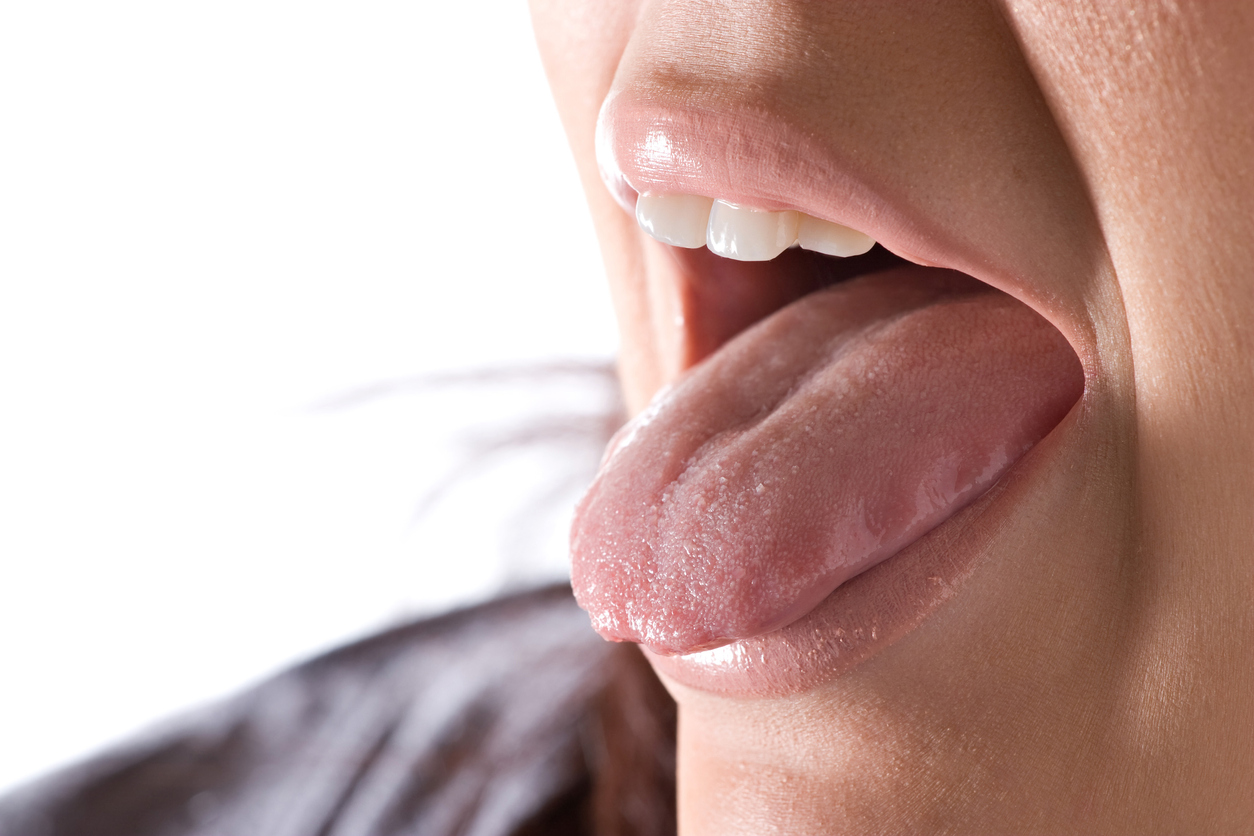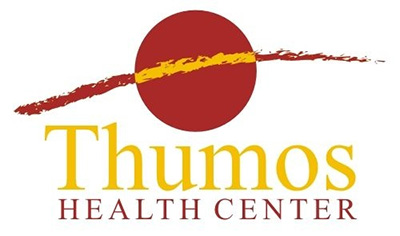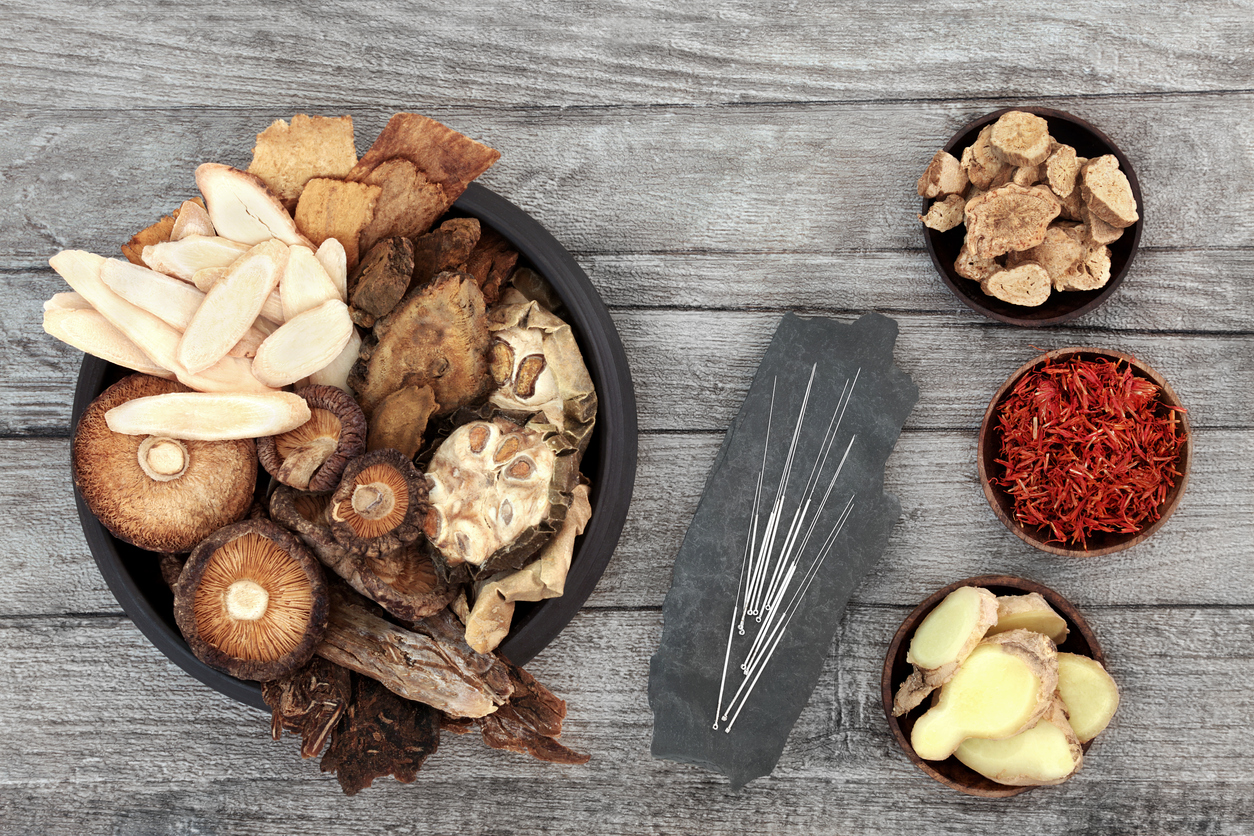by bryan
Share
by bryan
Share

Your tongue is an incredible medical tool, and learning how to read it isn’t as difficult as you might think. Tongue diagnosis can be traced back to China in the mid-1300s, long before x-rays or MRIs could tell a doctor about the state of your internal organs.
What is a Tongue Diagnosis?
Learning about the state of your body using outward indicators is common in Chinese medicine, and the tongue is unique in that it is an internal muscle that can be observed from outside without the requirement of any special tools.
Many health problems show themselves in one form or another on the tongue, making it a great indicator of your overall well-being. By examining its color, size, shape, and coating, it may be possible to tell when you’re getting sick, track your mood, or even notice more serious underlying health conditions.
Tongue Color
Although the color of your tongue can vary widely based on food or drinks you’ve recently eaten or your oral health habits, its natural shade should be a bright, healthy pink. If you stick out your tongue and notice a different color, it may indicate something going on within your body.
- A pale white or pink tongue means a shortage of blood or that your body lacks warmth. Someone with a pale tongue may be fatigued, weak, or suffering from anxiety. The more pale the tongue, the more serious the case. A tongue that is almost completely lacking color could indicate hypothyroidism or anemia.
- A bright red tongue suggests the presence of too much heat, which could mean you’re coming down with a fever or infection. Symptoms might include headaches, sweating, rashes, or irritability. As with a pale tongue, the more red, the worse the heat.
- A purple tongue indicates blood stagnation somewhere in your body. This could be a circulatory issue in one or more places and is likely to show as chest pain, menstrual cramps, and benign or malignant tumors.
Tongue Size and Shape
Although the tongue’s size and shape differs from person to person, it’s not difficult to notice major changes in its structure. These alterations are often the result of a lack of fluids moving through the body.
-
- Teeth marks mean your tongue is unable to maintain its shape. This could be the result of something as simple as a lack of sleep, to a more complex digestive issue that is keeping your body from getting the proper fluids it needs.
- A short, thin tongue can also be an indication of dryness. This can also present as a dry tongue, and is commonly seen in menopausal women.
- Spots indicate heat or blood stagnation. The location of the spots shows where the problem area is: spots in the back or rear of your tongue suggest that the source of the stagnation is in the lower half of your body, while spots on the sides of your tongue is more specific to the region around your liver.
Tongue Coating
When the size, shape, and color aren’t enough for a definitive tongue diagnosis, the coating’s consistency and color can help confirm your condition. Often, the tongue’s coating is the first thing to change.
- A thick coating on your tongue is the result of an outside infection, and could be a result of a virus or sickness such as a cold or the flu.
- A thin coating is another indication of dryness within your body. This means your body is not getting the fluids it needs to completely coat your tongue.
- A white coating suggests a lack of warmth, and could also be an indicator of a more serious infection.
- A yellow coating implies heat, and could suggest that you are either ill with a fever or coming down with one.
- A gray or black coating is extremely rare but indicates a serious health issue, and you should consult a doctor as soon as possible.
Thumos Health Center Believes in the Holistic Approach of Eastern Medicine
Thumos Health Center specializes in Eastern medicine, including the Chinese practice of tongue diagnosis. We have helped people from all walks of life heal and find balance through our holistic approach to healthcare. Call (310) 927-2792 or contact us online to schedule your consultation. We can’t wait to show you how acupuncture and a natural approach to medicine can improve your life.
For women, menopause can bring on a range of emotions. Some women are glad to be done with their monthly cycle, and other women mourn the loss of their fertility.
Have you heard of holistic medicine? Some would say holistic medicine has changed their lives. Others are still skeptical about its effectiveness. What exactly is holistic medicine?
If you choose to go for acupuncture, you might be surprised if your acupuncturist offers you Chinese herbal remedies. However, both acupuncture and herbal medicine are components of Traditional Chinese



